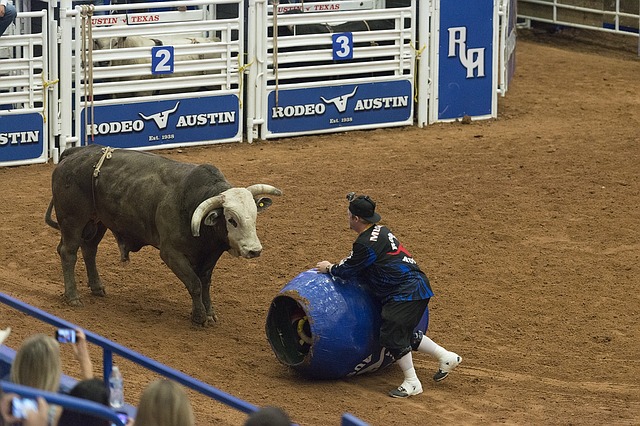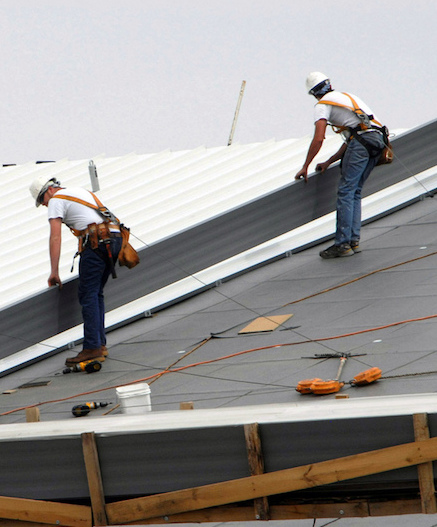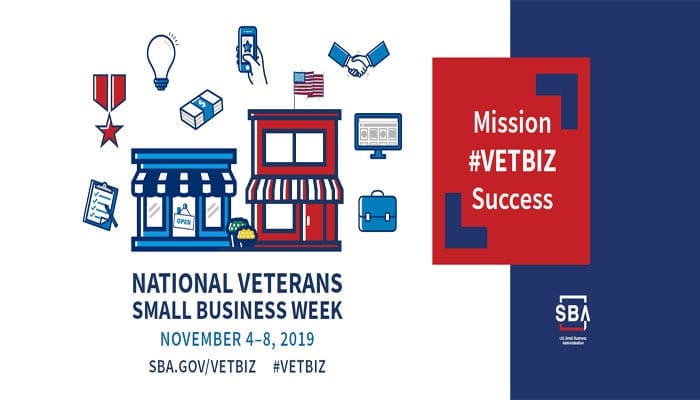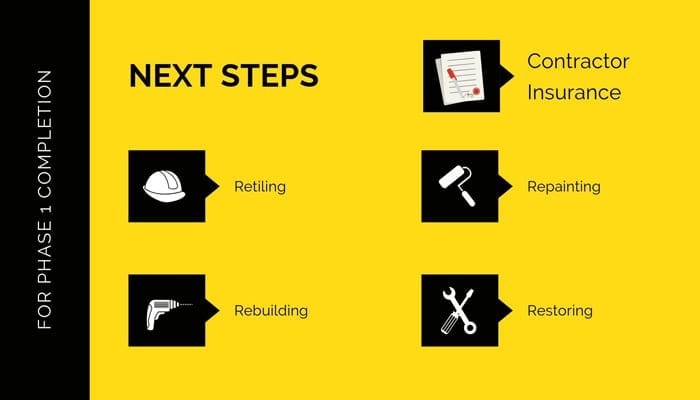
All jobs have occupational hazards – even office workers get paper cuts or, more often these days, carpal tunnel syndrome. But some occupations are riskier than others, rodeo clowns? You bet. And those risks are reflected in insurance policies. Disability and life insurance policies are especially affected by dangerous jobs.
In 2015, according to an article in Time, 4,836 fatal injuries occurred on the job, which was slightly higher than the 2014 figure. Loggers, fishers and pilots topped the list of most dangerous jobs. Loggers suffered 132 deaths per 100,000 workers – much higher than the national average of 3.4 deaths per 100,000. Men are five times more likely to expire at work than women. At four deaths per 100,000 workers, Latinos have the highest death rate of any racial group tracked.
The riskiest jobs in Texas are in line with elsewhere in the US, although we don’t have many logging jobs with our lack of trees. In 2012, 433 workers died from on-the-job injuries, topping the list for most work-related deaths, according to CBS News. Why is Texas so dangerous? The huge boom in oil, gas and construction mean a lot of blue collar workers put their lives on the line in the course of their ordinary workday duties.
These high fatality rates are of special concern to Texans, since Texas is the only state that doesn’t require employers to provide workers’ compensation insurance. While workers in other states take workers’ comp as a given, Texans need to spend time researching policies.
Let’s take a look at Texas’ most dangerous jobs, and get a rough idea of average policy size and cost figures.
Agriculture
More than half of the world’s workplace fatalities happen in agriculture, according to the International Labour Organization. And since the USDA ranks Texas as the third biggest agricultural state (after California and Iowa), there are all too many fatal accidents here. Farming accidents are usually machine-related, such as tractors overturning or body parts getting caught in machinery.
Fishing Industry
Fishing has a fatality rate of 117 per 100,000 workers nationwide. Heavy equipment, nasty weather and bucking boats all contribute to this high number. Many fishermen drown when their vessels sink, or from falls overboard. Deck winches on shrimp boats kill an average of three people per year in the Southern shrimp fleet, according to the Centers for Disease Control.
Aviation
First, the bad news. Pilots and flight engineers have Texas’ third highest per capita on-the-job death rate. The good news? They’re better paid than other occupations on this list. Fortunately, pilots are much likelier to die in private planes rather than commercial airliners carrying hundreds of passengers. In December of 2016, three people were killed when two small planes collided in mid-air near McKinney, TX
Tractor-Trailer Truck Drivers
All types of driving careers – even traveling salesmen—face an elevated risk of dying on the job. But the Texas Department of Insurance warns that driving a tractor-trailer is especially deadly. An average shipment weighs at least 13 tons, which spells disaster for truckers who lose control of their vehicles.
Construction
 The highly physical work of construction results in many deaths. Predictably, steel workers and roofers are at an especially high risk of dying at work. In addition to the obvious risk of falling, roofers in sunny places like Texas are also vulnerable to heatstroke.
The highly physical work of construction results in many deaths. Predictably, steel workers and roofers are at an especially high risk of dying at work. In addition to the obvious risk of falling, roofers in sunny places like Texas are also vulnerable to heatstroke.
Electric Installation, Repair and Maintenance
Not only do electric workers have to climb poles and work with live wires, they do it during the worst weather conditions, since wind is often the culprit in outages. Across the nation, electric workers have the seventh deadliest occupation, averaging 23 deaths per 100,000 workers. In Texas, 44 electric workers died on the job in 2012.
Oil and Gas Workers
The number of extraction jobs waxes and wanes, with robots now replacing some workers. But those humans who remain in Texas’ vast oil and gas industry face a high fatality risk. According to OSHA, about 39 oil field workers annually fall prey to work-related deaths.
Garbage Collectors
At first glance, collecting trash seems less dangerous than many other jobs on this list. But the hazardous materials, heavy equipment and sheer number of hours on the road add up to a high death toll.
Does your employer offer insurance policies that will help pay the bills in case of disability? Do you have a good life insurance policy to make sure your family is protected in the sad case of your untimely death? Give us a call and we’ll discuss your best policy options.




